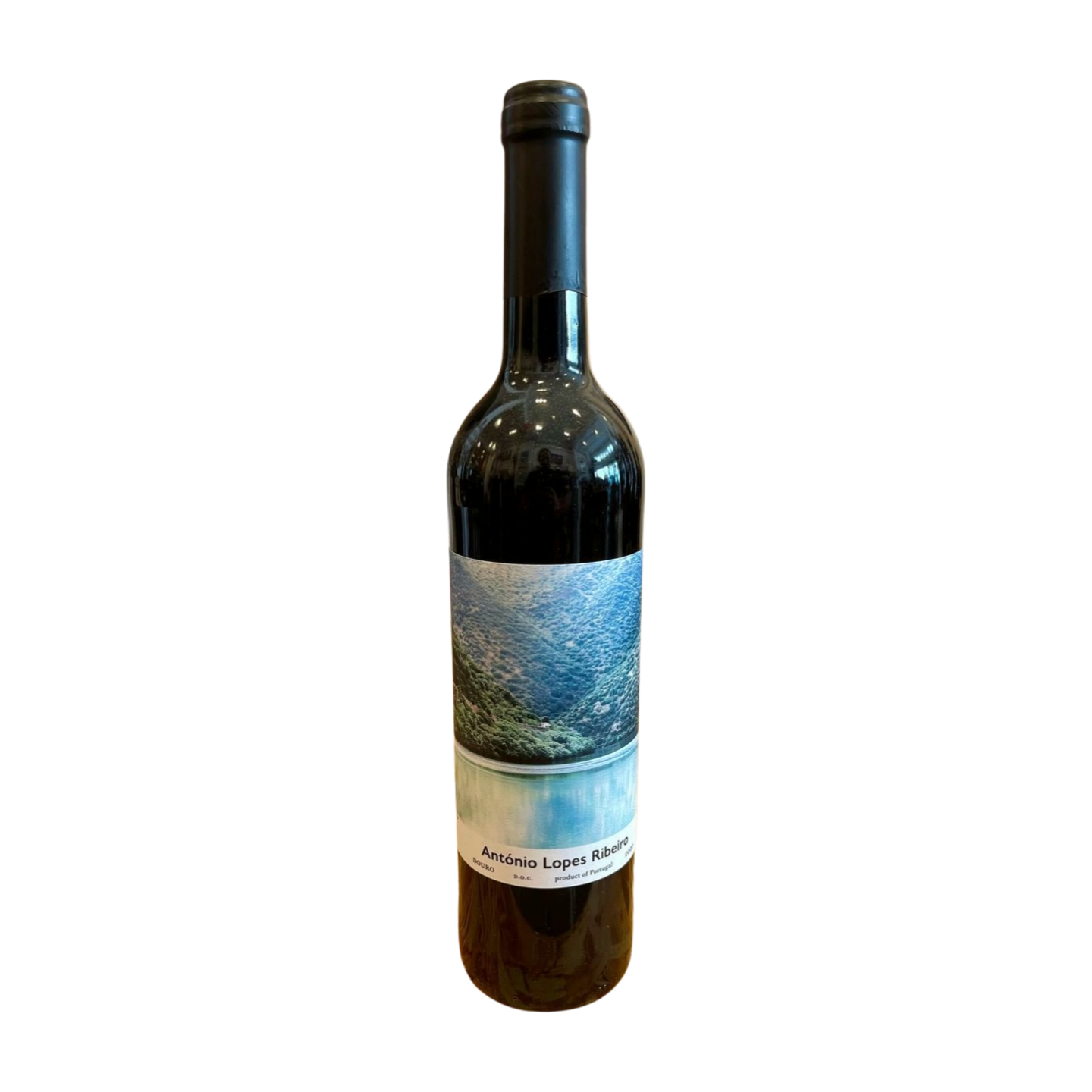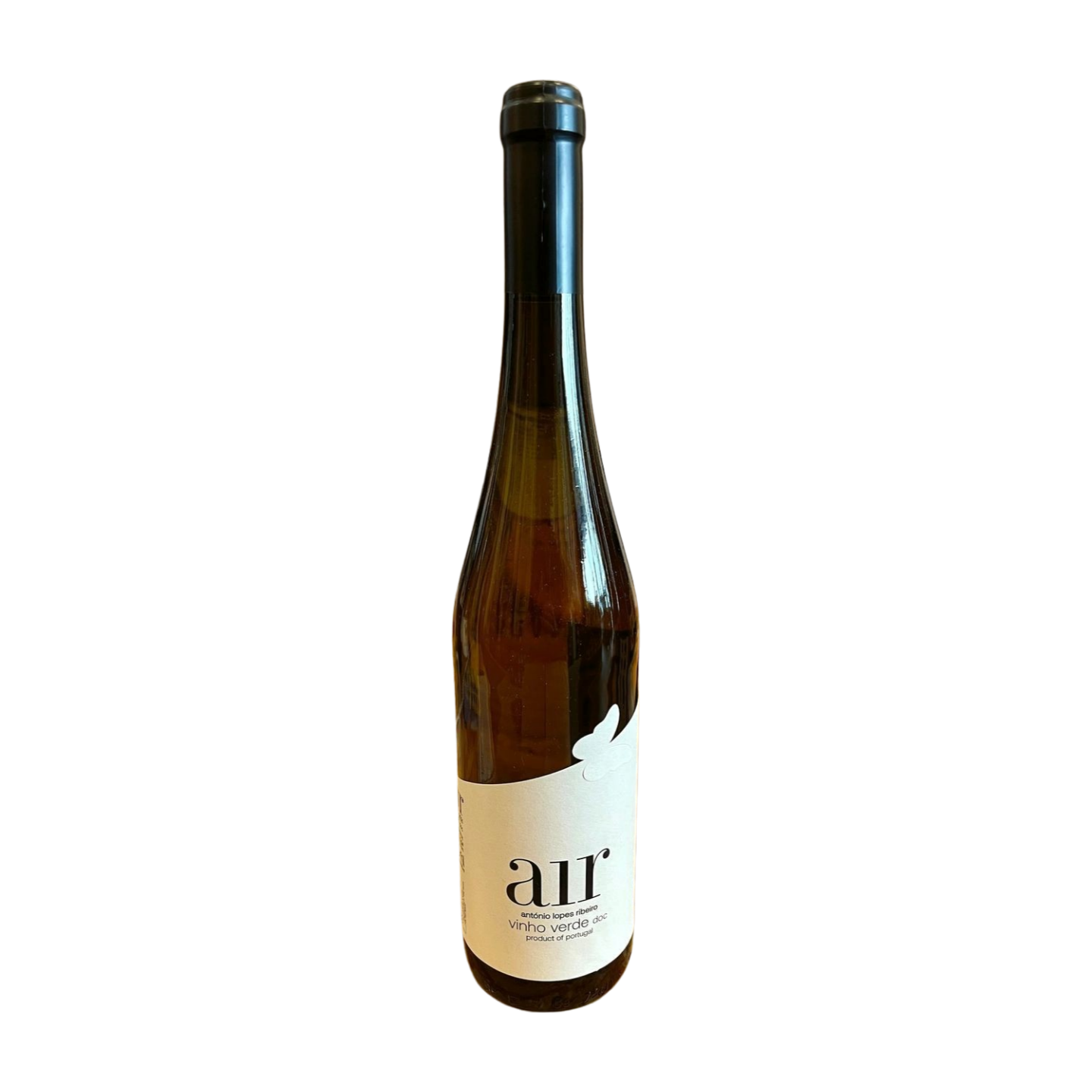António Lopes Ribeiro
António Lopes Ribeiro, a name synonymous with the Douro Valley, has been crafting exceptional wines for generations. His family's deep-rooted connection to the region dates back centuries, and their passion for winemaking has been passed down through the generations.
The heart of Ribeiro's winemaking lies in the vineyards that dot the steep slopes of the Douro Valley. These vineyards, terraced into the landscape, offer a unique terroir characterized by schist soils and a Mediterranean climate. The schist soils retain heat, promoting the ripening of the grapes, while the Mediterranean climate provides warm, sunny days and cool nights, ideal for grape growth.
Ribeiro's vineyards are farmed sustainably, reflecting his commitment to preserving the environment. He employs traditional viticultural practices that minimize the impact on the ecosystem, such as hand-harvesting, organic fertilization, and integrated pest management. By nurturing the land, Ribeiro ensures the long-term health and vitality of his vineyards.
The winemaker himself is a master of his craft, possessing a deep understanding of the Douro Valley's terroir and grape varieties. He meticulously selects the grapes for his wines, ensuring that only the finest fruit is used. Ribeiro employs traditional winemaking techniques in the cellar, including a lengthy maceration period to extract the maximum color and flavor from the skins. The wines are then aged in oak barrels, developing complexity and character.
Ribeiro's portfolio includes a range of exceptional wines, each showcasing the unique characteristics of the Douro Valley. His Douro Tinto is a classic regional expression, offering a harmonious blend of fruit, spice, and structure. His Vintage Port is a fortified wine of exceptional quality, aged in oak barrels for many years. His white wines, made from indigenous grape varieties like Malvasia Fina, offer a refreshing and aromatic experience.
António Lopes Ribeiro's wines are a testament to the passion, skill, and dedication of a family deeply connected to the Douro Valley for centuries. His commitment to sustainable viticulture and traditional winemaking ensures that the Ribeiro family's legacy will continue for generations to come.
Filters
Portuguese wine
Frequently asked questions
The entire country of Portugal is divided into 14 different wine regions, including in the Azores and Madeira islands. Some of Portugal's most famous winemaking regions include the Douro Valley (known for Port) and Vinho Verde (known for its light, refreshing white wines).
Portugal is becoming more well known for its orange wines, talha wines (traditionally made in clay pots), and palhete (made by blending red and white grapes together).
Portugal is best known for its fortified wine, called Port wine. It is produced in the Douro Valley, which is a UNESCO World Heritage Site and recognized as the world's first demarcated wine region, established in 1756.
Vinho Verde in northern Portugal is another popular winemaking region characterized by rolling hills and lush landscapes. It's known around the world for low-alcohol, refreshing white wines, although the region traditionally focused more on red wines made with the fruit-forward vinhão grape.
The Portuguese island of Madeira, with its subtropical climate, is renowned for its fortified wines. Winemaking here dates back to the 15th century, when Portuguese
explorers brought grape varieties from around the world.
Our sustainable, natural wine shop is located in the Marquês neighborhood in Porto, Portugal. We also ship to countries around the world, including within Europe, the United States, Canada, Australia, China, and more. Review our Shipping Policy to learn more.
In recent years, there has been a notable shift toward sustainable viticulture and the production of natural wine in Portugal. Many winemakers are implementing organic farming practices and embracing biodiversity to maintain soil health and reduce chemical inputs. This commitment to sustainability is not only beneficial for the environment but also enhances the quality of the wines, allowing the unique characteristics of the terroir to shine through. For example, some winemakers are now utilizing ancient terracotta amphorae for fermentation (called talha in Portuguese). This method preserves regional cultural heritage, enhances the wine's character, and aligns with sustainable practices by reducing reliance on modern materials.


